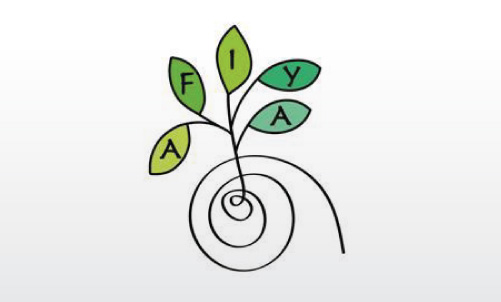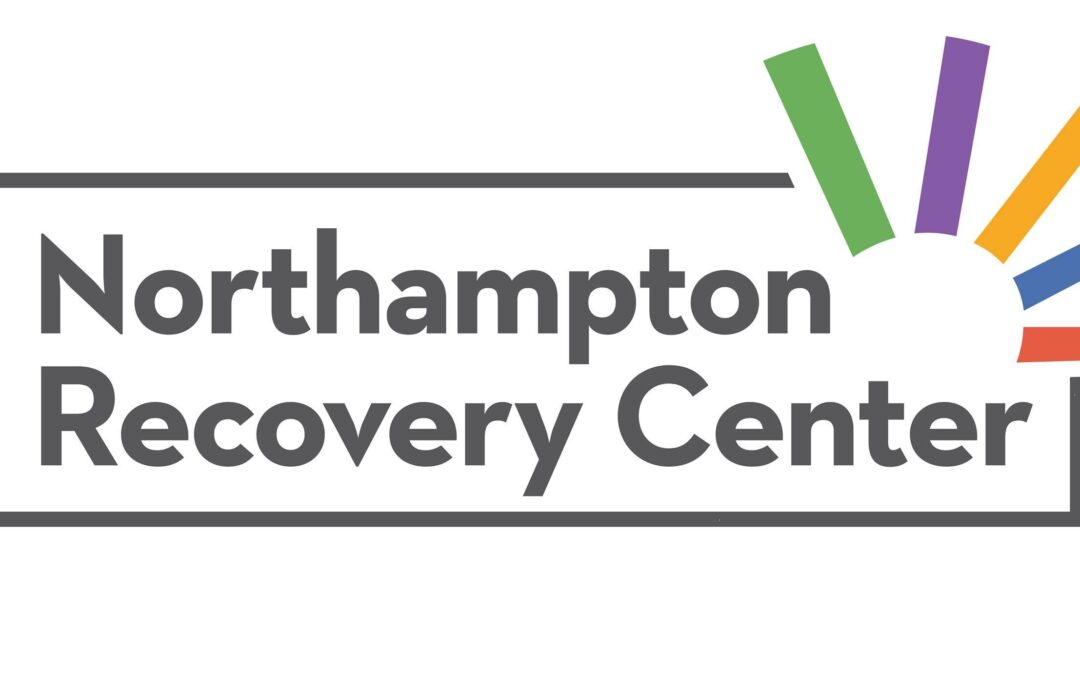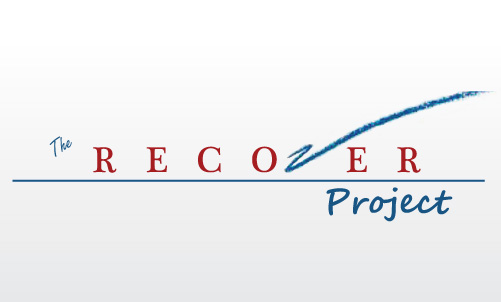
First peer-run respite opens as alternative to hospitalization for people in mental health distress
NORTH CAROLINA – On a patio tucked behind an old brick two-story house, Susan Hart sat on a glider surrounded by lush green plants under the glow of string lights. She wondered aloud what it would have been like to check herself into a place like this instead of a psychiatric hospital 20 years ago.
This place, “Retreat @ the Plaza,” opened in Charlotte in early August and is run by Promise Resource Network. It’s designed to be an alternative to hospitalization for people experiencing mental health distress. It’s the first peer-run respite house in North Carolina, meaning it’s completely staffed by people who have experienced mental illness, psychiatric hospitalizations, homelessness, incarceration, substance use or a combination of these.
The peer-run respite facility is free to participants and is designed to be a completely voluntary alternative for people who would otherwise seek mental health crisis care through the emergency room and possibly be involuntarily committed to a hospital.
[…]
Peer-run respite centers were introduced in the United States in the 1990s, and Promise Resource Network’s respite is modeled after one in Massachusetts called Afiya. A peer-run respite center is a non-clinical, completely voluntary service operated by people with their own stories of mental health recovery, trauma, hospitalization, incarceration, substance use, homelessness or some combination of these.
A guest can stay at the respite house in Charlotte for up to 10 days, where one-on-one peer support is available 24/7, as well as access to all of PRN’s other classes and supports which are located next door.
“Because of its success in decreasing emergency and crisis need for services by 70 percent, there are now 40 respites in the country in 12 states,” Allen-Caraco said. “We’re 41.”


